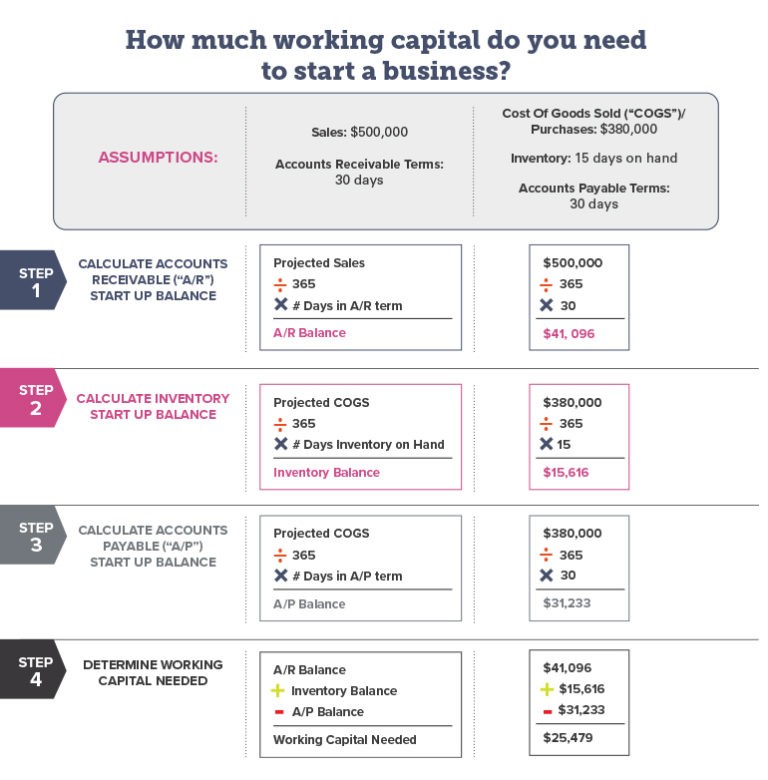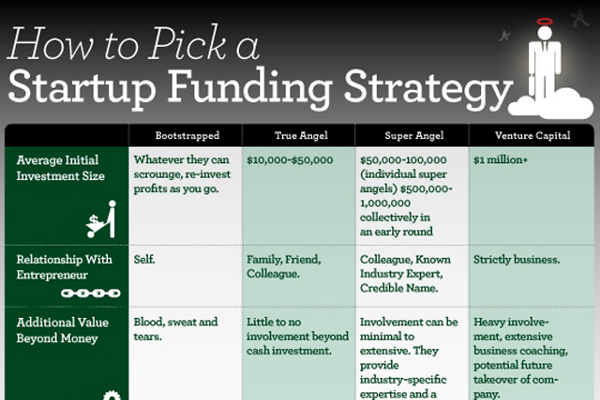How To Get Capital To Start A Business

Starting a business requires more than just a good idea; it demands capital. Securing funding can be a daunting task for aspiring entrepreneurs, but understanding the available avenues and preparing diligently significantly increases the chances of success.
This article explores the various funding options, from bootstrapping to venture capital, providing a comprehensive guide for navigating the complex landscape of business financing.
Bootstrapping: The Self-Funded Approach
Bootstrapping, or self-funding, involves using personal savings, loans from friends and family, and revenue generated by the business itself to finance operations.
This method offers complete control and avoids the complexities of external investors. However, it often limits the speed of growth and can put personal finances at risk.
Loans: Traditional and Alternative
Traditional bank loans remain a common source of funding, particularly for established businesses with a solid credit history and a well-defined business plan. The Small Business Administration (SBA) offers loan guarantee programs to reduce the risk for lenders, making it easier for small businesses to access capital.
Alternative lenders, including online platforms and microfinance institutions, provide another avenue for debt financing. These lenders often have less stringent requirements than traditional banks, but may charge higher interest rates.
Grants: Free Money, Fierce Competition
Grants, offered by government agencies, foundations, and corporations, provide funding that doesn't need to be repaid. Competition for grants is fierce, and the application process can be time-consuming.
Organizations like Grants.gov offer a centralized database of federal grant opportunities. Eligibility criteria vary widely, so careful research is essential.
Angel Investors and Venture Capital: Equity Financing
Angel investors are wealthy individuals who invest in early-stage companies in exchange for equity. Venture capital (VC) firms, on the other hand, are professional investment firms that manage funds from institutional investors and invest in high-growth potential companies.
Both angel investors and VCs typically seek a significant return on their investment and often play an active role in the company's management. Securing equity financing requires a compelling business plan, a strong management team, and a clear path to profitability.
Crowdfunding: Tapping into the Crowd
Crowdfunding platforms like Kickstarter and Indiegogo allow entrepreneurs to raise capital from a large number of individuals in exchange for rewards or equity. This method can be particularly effective for businesses with a strong social mission or a product that resonates with a specific audience.
Success in crowdfunding requires a well-crafted campaign, a compelling story, and a robust marketing strategy.
Key Steps to Securing Funding
Regardless of the funding source, a well-prepared business plan is essential. The plan should clearly articulate the business's mission, market opportunity, competitive landscape, financial projections, and management team.
Building a strong credit history and establishing relationships with potential investors or lenders are also crucial. Networking events, industry conferences, and online platforms can provide opportunities to connect with potential funders.
Building a Compelling Pitch Deck
A pitch deck is a concise presentation that summarizes the key aspects of your business for potential investors. It should include information on the problem you're solving, your solution, your market, your business model, your team, and your financial projections.
A well-designed pitch deck can capture the attention of investors and help you secure funding.
Securing capital is a critical step in starting and growing a business. By understanding the available options, preparing diligently, and building strong relationships, entrepreneurs can increase their chances of obtaining the funding they need to succeed. The path to funding can be challenging, but with careful planning and perseverance, entrepreneurs can turn their dreams into reality.


















